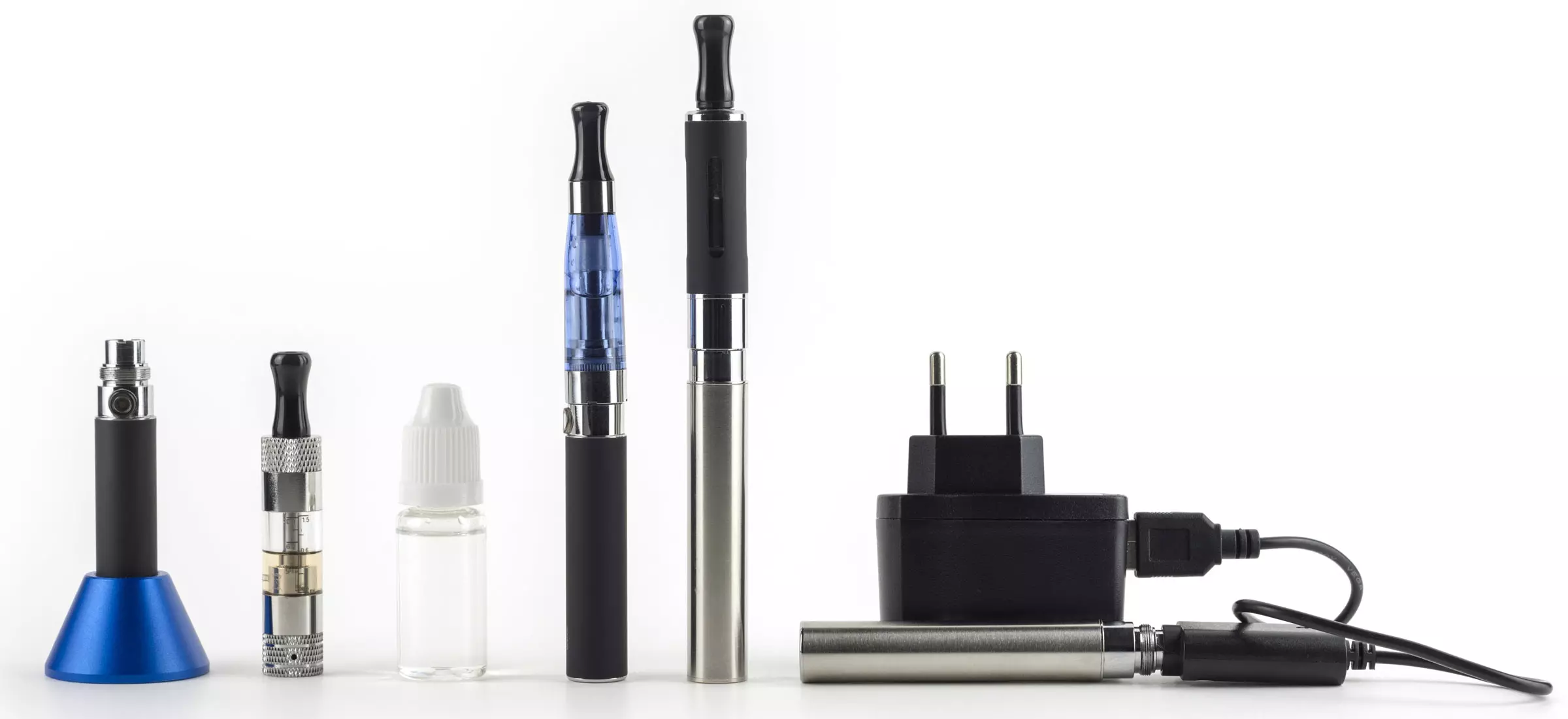
A Responsible Recycling Solution
Scope
A major reverse logistics firm representing retail, manufacturing and pharmaceutical companies needed a unique, customized and centralized returns management program for electronic cigarette kits that would provide environmental compliance, nationwide flexibility and minimize transportation costs for their client.
Problem
Electronic cigarettes, also known as e-cigarettes, have been one of the more controversial products to enter the market in recent years. Most of the media attention has been focused on the health and safety of e-cigarettes and less on the management at end of life.
All e-cigarettes are powered by a battery that powers the internal components to emit vapor from liquids containing nicotine. More expensive electronic kits can be recharged and reused, extending the life, but single use or disposable e-cigarettes have gained popularity with more consumers, since the initial investment is minimal. Because of the battery, disposable e-cigarettes and the kits for recharging reusable e-cigarettes should not be thrown in the trash, but yet very little education is being done to promote responsible recycling.
Existing federal hazardous waste regulations do not make it easy to properly collect and transport used e-cigarette kits since they may contain both nicotine and lithium ion batteries, both of which are classified as a hazardous waste when disposed. The nicotine is an acute hazardous waste and is subject to more stringent regulation. Opportunities do exist however, to develop recycling solutions for recalled, returned or off-spec e-cigarettes.
Solution
Veolia worked with the reverse logistics firm to develop packaging guidance and assisted in the transportation of multiple shipments of e-cigarette kits. Each kit received by Veolia was disassembled, separating the lithium-ion battery, battery charger, cord, nicotine cartridges, plastic housings and electronic circuit boards.
Results
During the past few months Veolia has received more than 9 truckloads of recalled, returned or off-spec e-cigarette kits for recycling. All separated components were recycled in accordance with environmental regulations. Nicotine containing cartridges, when included, were packaged in drums and sent to Veolia’s hazardous waste incinerator in Sauget, IL as a P075 listed hazardous waste. In total, Veolia recycled an estimated 1.13 million e-cigarette kits resulting in 70,600 pounds of plastics, 42,300 pounds of wire, 52,500 pounds of lithium-ion batteries, 52,500 pounds of chargers, 28,200 pounds of electronic circuit boards and less than 1,000 pounds of nicotine containing cartridges.

